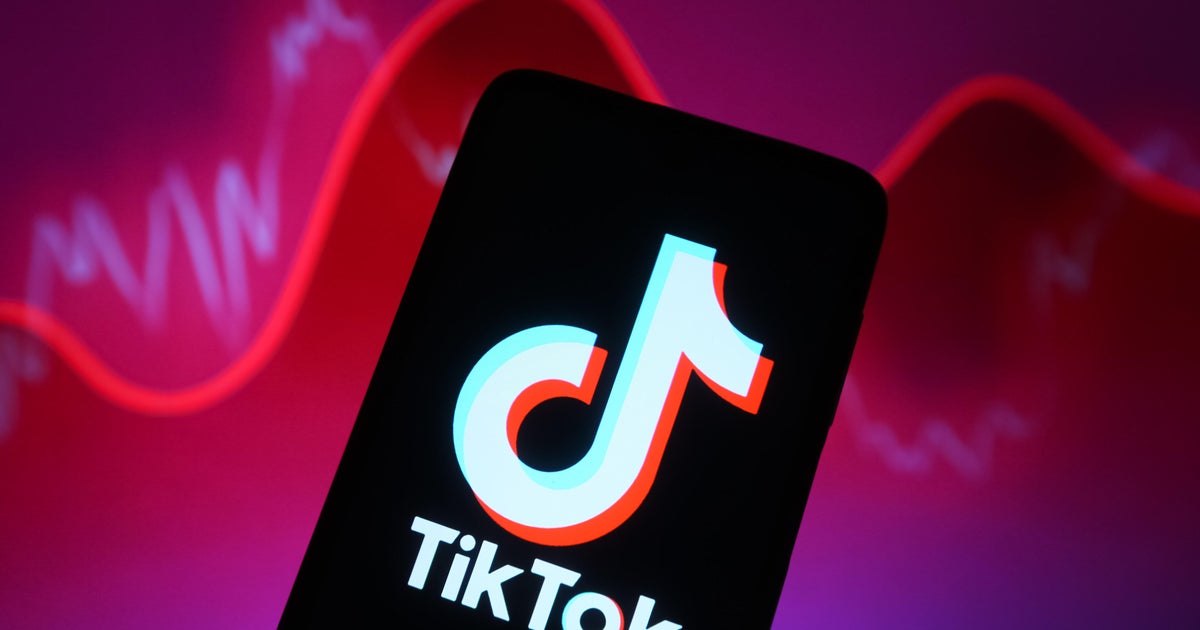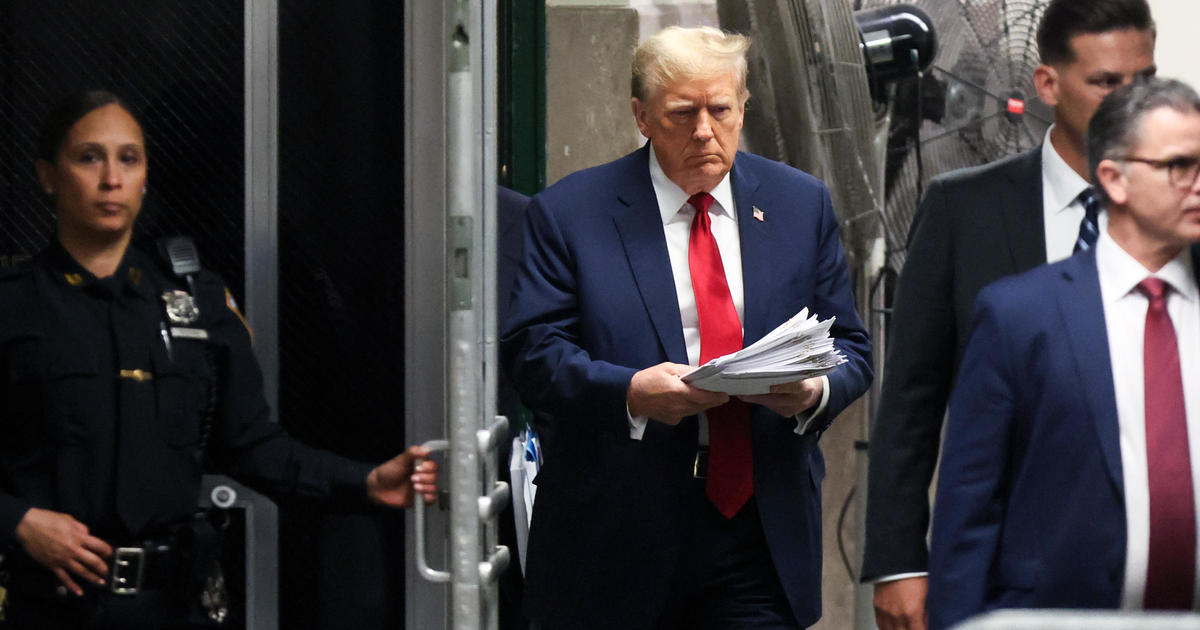Amid COVID-19 outbreak, China shifts to use "Russian-style" disinformation tactics
China has in recent months significantly expanded its official presence on Western social media platforms and, in an apparent effort to influence public opinion about the spread of COVID-19, moved toward a "Russian style" of spreading disinformation, an independent assessment has found.
Official Chinese accounts adopted a "more confrontational posture" in their messaging on the virus beginning in late February and throughout March, as COVID-19 cases were confirmed across Europe and within the U.S., according to preliminary findings from a disinformation-tracking tool. Some of the most engaged content included criticism of the Trump administration's handling of the outbreak.
The newly expanded tool, called Hamilton 2.0, was unveiled Monday by the Alliance for Securing Democracy (ASD), which is part of the nonpartisan, U.S.-based German Marshall Fund. Though it previously was dedicated to tracking official accounts and media outlets linked to or funded by the Russian government, it will now also examine account behaviors and trends among Chinese state-backed media, tracking content that Chinese government officials share on Twitter, Facebook, YouTube, and on state news websites.
Among the findings ASD released Monday was that Twitter accounts linked to China's ambassadors, embassies and consulates grew by more than 250% since this time last year, when political protests in Hong Kong first erupted. The group also found that official Chinese accounts frequently retweeted news outlets funded by the Iranian or Russian governments – three of the top five non-Chinese, most-retweeted news outlets were backed by Tehran or Moscow, according the tracker.
The analysis also showed a marked evolution in the type of content Chinese accounts shared since the start of the COVID-19 outbreak. While early messaging focused on Beijing's efforts to stem the virus' spread, those messages grew more overtly hostile in February and March, as cases proliferated outside of China. Some of those accounts shared conspiracy theories about the origins of the virus and attacked Western officials for criticizing China's role.
Several U.S. administration officials, including President Trump, have recently called out Chinese officials for spreading false or misleading information. Mr. Trump appeared to condemn a pair of tweets by the deputy director general of the Chinese Foreign Ministry's Information Department, Lijian Zhao, who twice linked on Twitter to articles that claimed COVID-19 originated outside of China, and possibly in the U.S.
"China was putting out information which was false, that our military gave this to them. That was false," said Mr. Trump, who also for a time defended his own tendency to refer to COVID-19 as the "Chinese" virus. He has since stopped using the term.
Mr. Trump's own messaging on China has evolved in recent weeks. In January he praised Beijing's "transparency" but, more recently, lambasted the Chinese government for spreading propaganda. Late last week, after a phone call with China's president Xi Jinping, Mr. Trump tweeted that the two leaders were "Working closely together."
On Friday, State Department officials told reporters that they had observed several actors – Russia, China and Iran – promote similar, often false messages about COVID-19.
"During the crisis, we've seen Russian, Chinese, and Iranian state disinformation and propaganda ecosystems all converge around some disinformation themes intended to promote their own agendas," said Lea Gabrielle, who heads the State Department's Global Engagement Center (GEC). Russia in late January launched an initial disinformation campaign focused on COVID-19, according to GEC, elements of which had since been seized upon by other states; Iranian-backed outlets, for example, have alleged that the U.S. "weaponized" the virus.
For its part, China had sought to "falsely blame" the United States for being the origin of the virus and otherwise pumped out stories favorable to the Chinese Communist Party's handling of the outbreak, Gabrielle said – though she noted the situation was "fluid" and that there were early indications that Chinese officials might be moving "away from disinformation" on social media.
Citing insufficient data, she declined to address whether the campaigns had evolved organically or whether there might have been covert, high-level coordination among the three.
U.S. intelligence agencies have consistently warned that other countries, including China and Iran, were likely to follow in Russia's footsteps to engage in online disinformation and influence campaigns. In the most recent public assessment of adversaries' strategic intentions – the 2019 Worldwide Threat Assessment – intelligence agencies warned that "China and Russia are more aligned than at any point since the mid-1950s."
"[T]he relationship is likely to strengthen in the coming year as some of their interests and threat perceptions converge," the assessment said.



